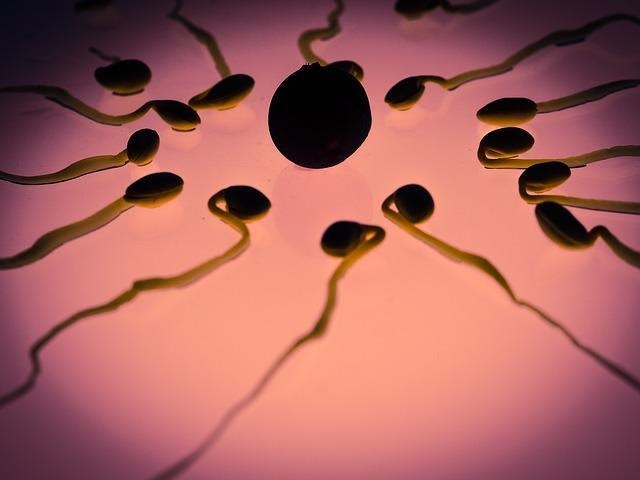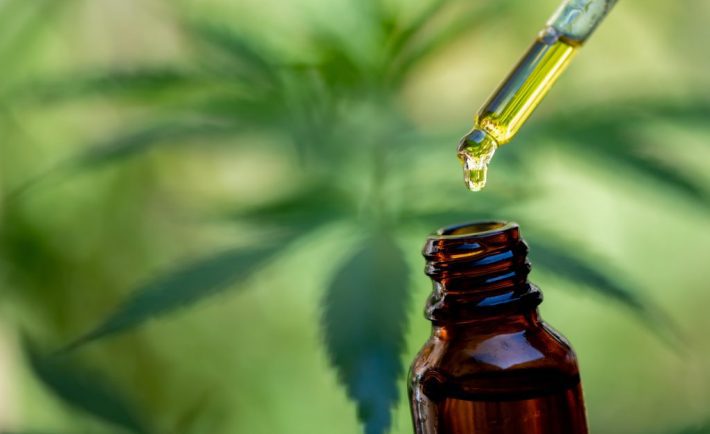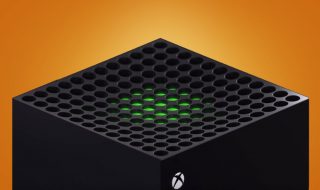A Quick Guide to All Your Queries!
CBD (cannabidiol) is the second-most researched active ingredient of the Cannabis Sativa plant. In the past few decades, several clinical studies were done on CBD to assess its potential benefits on human health. The results concluded that cannabidiol could affect almost all primary functions of our body. In addition, it may also act as a therapeutic agent against several debilitating diseases. To explore the premium CBD products available in the market, check out the links mentioned below.
Scientists discovered that CBD could help relieve pain and inflammation, reduce stress and anxiety and treat a few epileptic disorders. Even individuals having cancerous lesions showed improvement when administered with CBD oil. Further research brought to light that cannabinoids may also have some impact on human fertility. This discovery aroused many queries in general people, mainly those already using CBD tinctures, gummies, capsules, and oils for other medical purposes and were of the reproductive age.
If you are one among them, who have some questions in mind regarding the effect of CBD tinctures on human reproductive health, this article will try to provide an answer to all your concerns. So please keep reading to know about the evidence we have and how it helps us understand the possible effects of CBD on human fertility.
The correlation between endocannabinoid system & human reproductive system
CBD is not only derived from plants. It is also present in all human bodies as a part of an endogenous biological system called the endocannabinoid system or ECS. Research suggests that the ECS present in our body is associated with almost all our bodily functions. For example, it finds itself linked to our cardiovascular system, immune system, nervous system, metabolism, bones and muscles, mood and memory, motor control, liver functions, and appetite and digestion.
The ECS helps in maintaining the homeostasis of our body’s internal environment. That means, if our body drifts from its usual course of action due to some abnormal (external or internal) stimuli, the ECS kicks in to bring our body back to its ideal way of functioning.
Recently, we discovered that the endocannabinoid receptors are present in the reproductive tract of human females and the sperms produced by human males. Thus, the signals produced by the ECS also play a significant role in various female and male reproductive events.
In females, it influences the ovary to produce ova, helps in the fertilization of the embryo, and is also associated with the embryo’s implantation in the uterine wall. Whereas, in males, the endocannabinoid signals have a crucial part in releasing sex hormones, producing sperms, and even determining the shape, size, count, and motility of the sperm produced.
Data obtained from a few studies revealed that unusual activity of the ECS might reduce sperm count and slow down their motility in males. In females, improper functioning of the ECS might negatively influence ovum generation by the ovary, impair pregnancy, and even hinder the proper development of the embryo. Speculations also suggest that an aberrant ECS may result in PCOS (polycystic ovary syndrome) in females.
Does CBD affect human male fertility?
The endocannabinoid system is complex, and we haven’t understood its effect fully till now. But because the endocannabinoid receptors are found in the sperm and female reproductive tract, it is believed that we can use CBD to manipulate the ECS to improve human fertility with negligible side effects. However, we do not have any evidence to validate this assumption.

1. Effect of CBD on sperm count, morphology & motility
Nonetheless, the data available to us show that CBD can have a mixed effect on male fertility. For example, a 2015 study considered 1215 young male subjects between the age of 18 and 25. It found that subjects who smoked Cannabis once a week regularly had 29% lower sperm count. In contrast, the subjects who smoked Cannabis more than once a week experienced a 55% lower sperm count.
However, a 2019 study exhibited findings that opposed the outcome of the review mentioned above. It considered 662 male subjects who had come to a fertility clinic for various issues. The subjects who had a previous history of Cannabis smoking demonstrated higher sperm concentration than those who never smoked Cannabis.
Another research review published in 2019 looked at 48 different studies conducted both on animal and human subjects. It found that Cannabis negatively affected the morphology of the sperm, which in turn affected fertility. The same review also suggested that long-term Cannabis use may reduce the sperm’s motility.
But, neither of the studies specifically mentioned anything on the activity of CBD on male fertility. As a result, the 2019 review concluded that though further studies are needed to understand how CBD affects male fertility, it recommends males of reproductive age be careful and cut back on Cannabis use.
2. Effect of CBD on erectile dysfunction
Another article published in the Biomed Research International journal suggested that Cannabis use has shown improvement in patients with erectile dysfunction. But what CBD does to improve ejaculatory function isn’t fully understood. One theory inferred that CBD might help relax blood vessels and promote blood flow to the penis, thereby relieving erectile dysfunction.
Does CBD affect female reproductive health?
Not much valid data is available to understand the impact of CBD on female reproductive health. However, scientists assume that if the ECS equilibrium is disturbed by exogenous CBD, it may lead to reproductive failure.
A review published in the Journal of Ovarian Research in 2019 suggested that chronic use of CBD can delay sexual maturation in females. In addition, it can also disrupt the menstrual cycle, slow down the growth of the ovarian follicle and also reduce the concentration of female sex hormones like Luteinizing hormone (LH), Gonadotropin release hormone (GnRH), and Follicle Stimulating Hormone (FSH).
Summing Up
Studies on the effect of cannabinoids on human health have brought various conflicting data into the picture. For example, ongoing research has demonstrated that the use of CBD can either have a positive impact or a negative impact on male fertility. However, evidence has shown that CBD use generally harms female fertility. Thus, to be on the safe side, experts recommend both males and females of reproductive age avoid using CBD if not necessary for medical purposes.





